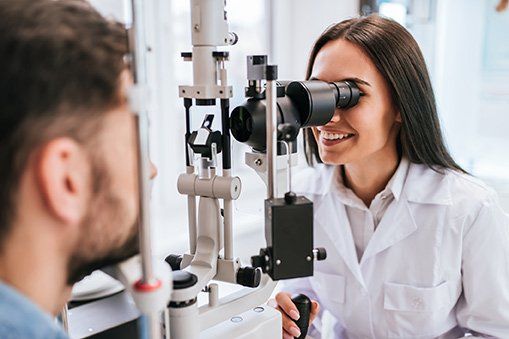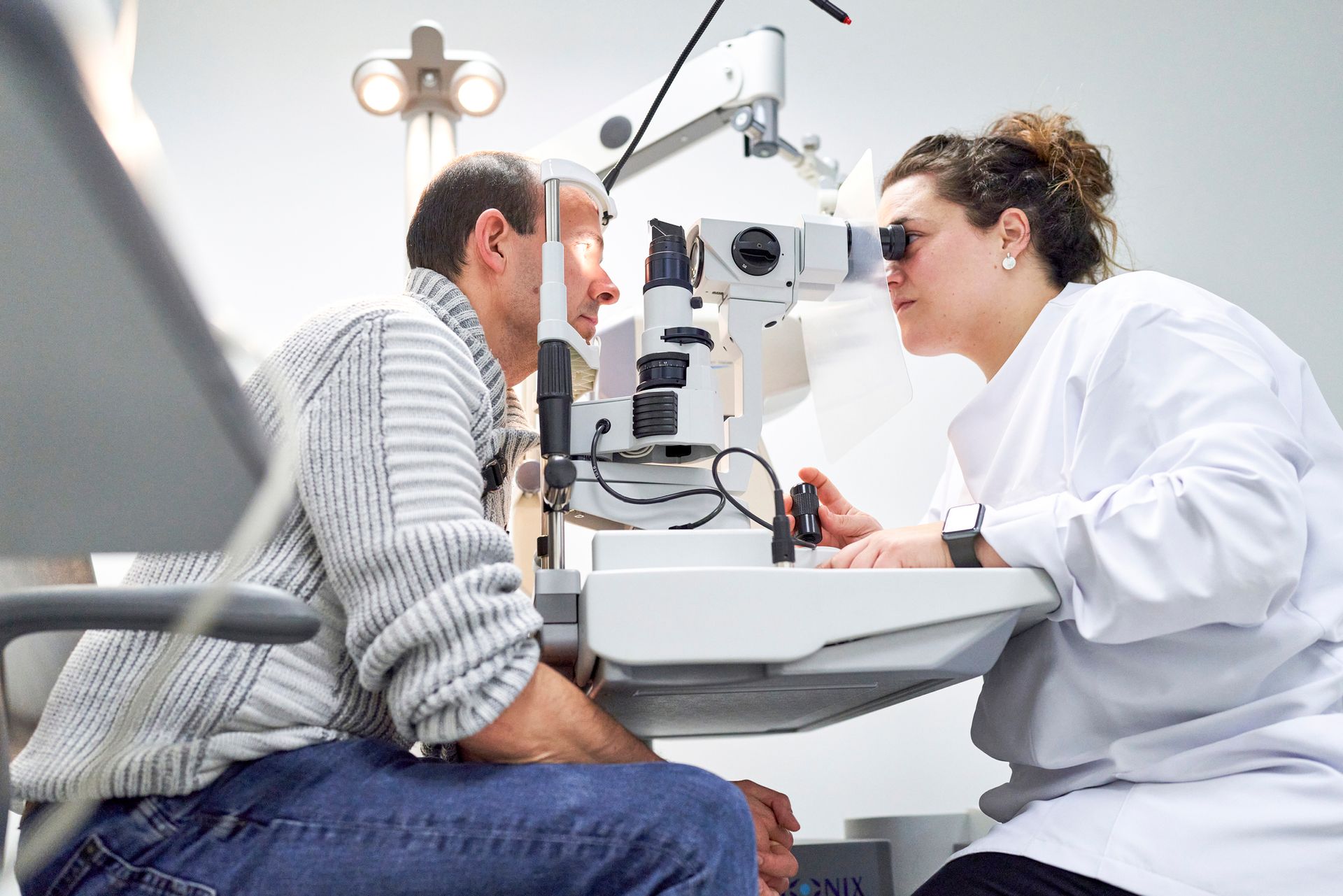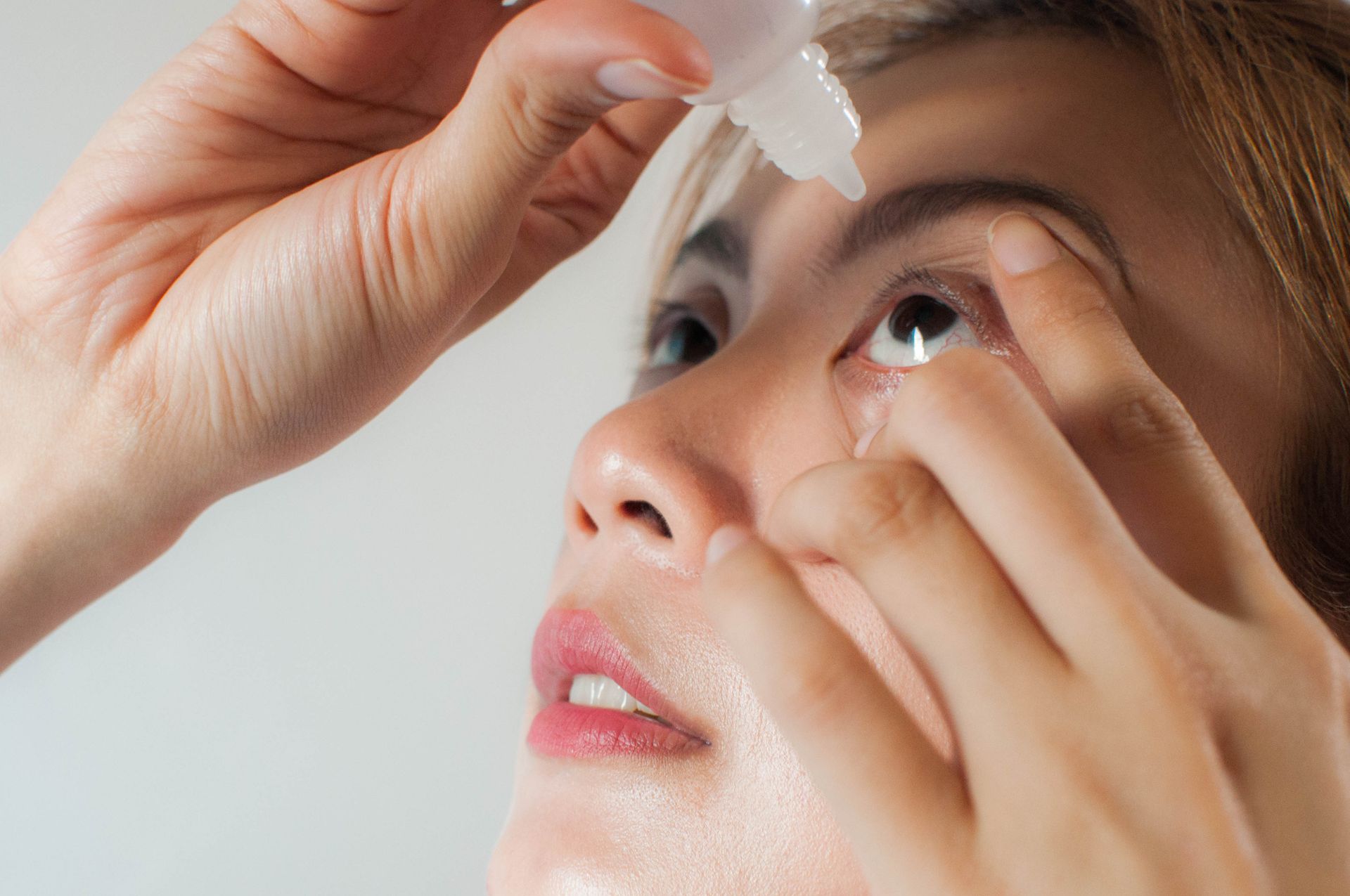5 Things to Remember After Undergoing Cataract Surgery
- By Admin
- •
- 25 Jan, 2019
- •
This is a subtitle for your new post

Cataracts are a common medical problem that can cause blurred vision, light sensitivity, and many other vision-related issues. The condition affects elderly people most and is more common in women. Also, caucasians experience cataracts more than any other ethnic group, with about 70 percent diagnosed with cataracts by the age of 80.
Thankfully, cataracts can be removed with surgery. During cataract surgery, the cloudy lens is removed and replaced with an artificial lens. The process is fast and effective, but it is still a surgical procedure. Everyone should understand the unlikely, but potential risk of complications like infection and swelling.
You must follow your doctor’s orders after surgery to reduce the risk of problems. Here are some tips for a successful recovery.
1. Ask Friends and Family for Help
Doctors usually treat only one eye at a time, but it is still unsafe to drive after surgery. It is recommended that people do not drive for about 24 hours after surgery due to the sedative given for the procedure. Have someone available to drive you home and potentially help you with walking if you have any balance problems or weakness as a reaction to the anesthesia.
You should also not bend down for the first couple of days or lift heavy objects for a week or more. Lifting and bending can cause excess pressure on the eye. Ask for help with chores that involve these actions.
2. Attend All Follow-Up Appointments
You may have many appointments following surgery, and this can seem frustrating, but each checkup has a purpose. Doctors will usually see you again 24 hours after surgery, a week later, a month later, and then a few months after the last appointment. The appointments check for swelling, redness, and signs of infection. Eye tests also help to track your vision improvement.
Who performs the checkups may vary. The surgeon typically performs the first exam and the rest are either with the surgeon or your usual eye care professional. The exams make certain the surgery on the first eye went as expected so the doctor can feel comfortable giving approval for cataract removal in the other eye.
3. Follow the Instructions Carefully
After surgery, do not swim or allow water to get into the recovering eye while in the shower. Also, be careful not to rub the eye, and do not wear makeup directly around the eye for a few days after surgery. You must wear the protective shield included in the aftercare kit every night until the doctor says it is safe to stop. Finally, finish all prescriptions even once the eye feels comfortable and your vision improves.
4. Wait Patiently for Corrective Lenses
Cataract surgery may change how you see up close, and you may need to update your reading glasses prescription. Eye doctors typically prefer to wait several weeks to allow the visual improvements to finish before they prescribe new corrective lenses. It is worth the wait because it prevents the expense of repeatedly buying new glasses.
5. Continue Your Eye Exam Schedule
There is no risk of recurrence of cataracts because the problem cannot develop on an artificial lens. Your vision will not deteriorate after cataract surgery unless you contract an eye disease or experience an injury. However, annual eye exams are still necessary because the checkups help to confirm there are no signs of disease.
Cataract surgery improves vision, makes colors more vibrant, and ends visual annoyances like light halos. The laser surgery is painless and fast, and recovery is easy for most people. At Calvert Ophthalmology Center, an annual appointment makes early detection possible so treatment can take place before your vision fades too severely. Schedule an exam today.
Glasses and contacts are two of the most popular choices for improving vision. For assistance deciding which is right for you, read this guide.
Despite diligent care for the muscles and bones, it is unfortunate that athletes often overlook eye health. Read this blog to learn more.
Vision problems can be common as people age. If you're getting older and want to learn more, check out our blog to read about a few common eye problems.
Pink eye can affect both kids and adults. Learn more with this overview of the causes, symptoms, and options for treatment of this eye condition.
Do you wear contact lenses? If so, read our blog to learn about the telltale signs that indicate it's time to replace your lenses.
Have you ever wondered about the impacts of screen time on your eyes? Learn 3 effects of long-term digital eye strain and prolonged screen use.
Your peripheral vision is essential. Take a look at four issues that can lead to chronic peripheral vision loss and how an ophthalmologist can help.
Vision problems can take many forms and occur for many reasons. Read this blog to learn about four underlying health conditions that can affect vision.











